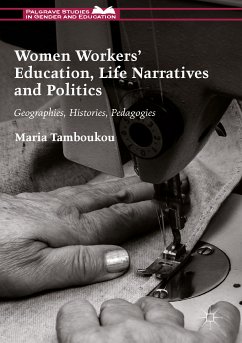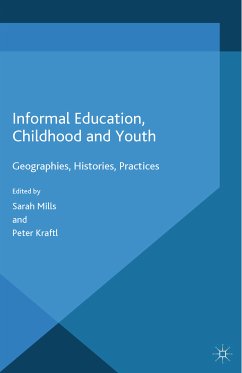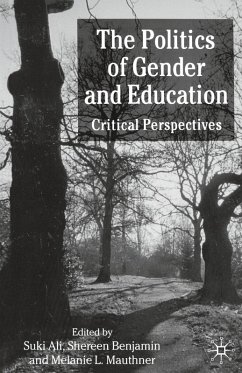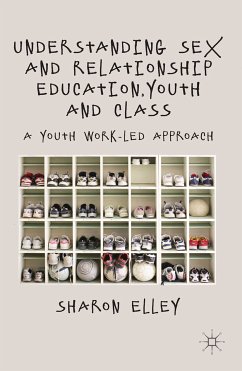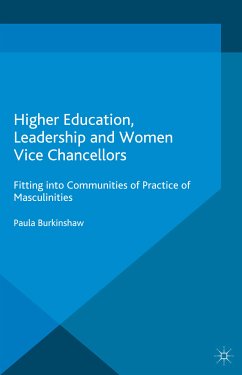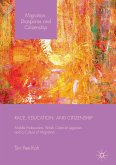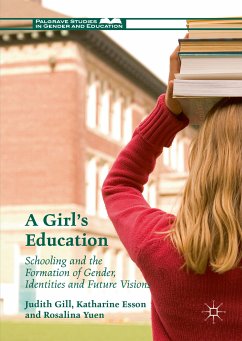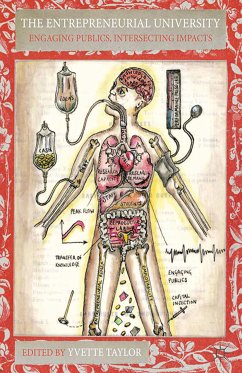Dieser Download kann aus rechtlichen Gründen nur mit Rechnungsadresse in A, B, BG, CY, CZ, D, DK, EW, E, FIN, F, GR, HR, H, IRL, I, LT, L, LR, M, NL, PL, P, R, S, SLO, SK ausgeliefert werden.
"Tamboukou underpins discussion and analysis with other sources that provide signposts to those who wish to know more about women workers' lives, education and politics in an international setting. The book's contribution to both gender and workers' education is quite substantial. The book is an excellent and informative read." (Martyn Walker, History of Education, 2018)

